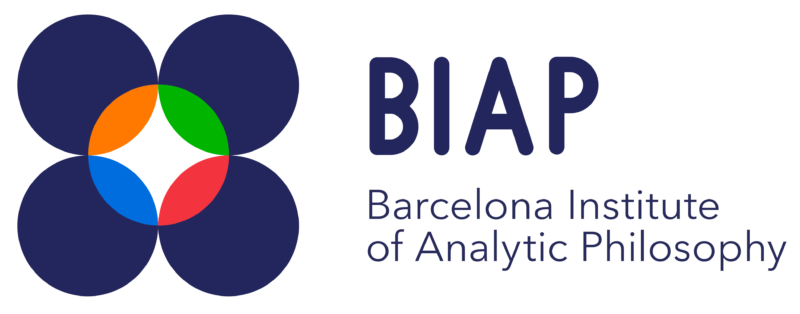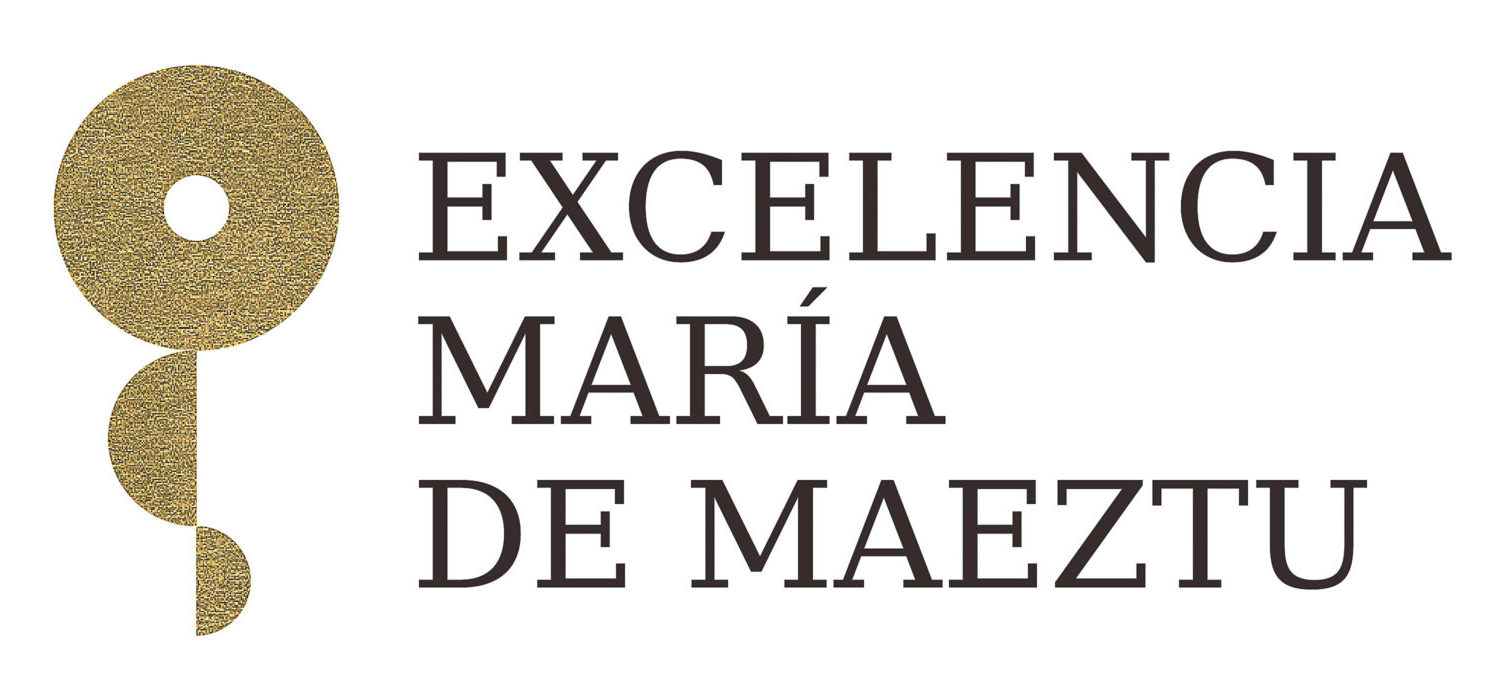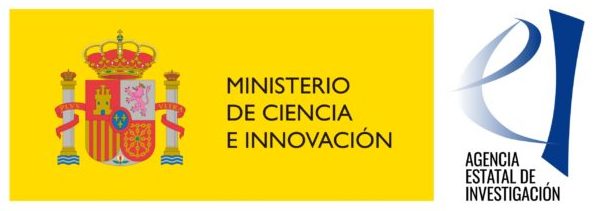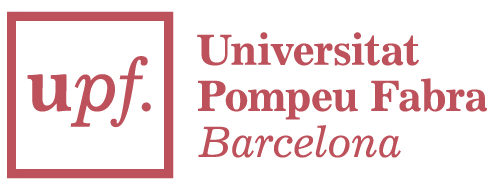BIAP is an inter-university research institute integrating members from three research groups based at the three universities that were founding signatories: the University of Barcelona, the Pompeu Fabra University, and the University of Girona.
LOGOS — Research Group in Analytic Philosophy
LOGOS is an international group of researchers who work on core issues in a variety of central areas of philosophy. Their diversified research is unified by a common methodological approach to philosophical questions and problems properly characterized as analytic. The group’s research activities can broadly be classified into four main areas: language and logic; metaphysics and mind; knowledge, science and methodology; and issues in practical and applied philosophy.
LOGOS regularly hosts researchers and students visiting from other institutions. Its members lead a number of individual or joint research projects covering topics within its remit. The group’s activities include research seminars and reading groups, public colloquia with invited speakers, and the organization of conferences and workshops.
LOGOS participates in the philosophy branch of the Master and PhD programme in Cognitive Science and Language (CCiL) and in the Master Programme in Analytic Philosophy (Aphil).
LOGOS was founded in 1993, and has been officially recognized as a consolidated research group by the Generalitat de Catalunya since 1997. The latest such recognition was received for the cycle 2022-2024 with grant identifier 2021-SGR-00276.
Law & Philosophy Research Group
The Law & Philosophy Research Group was founded in 1990 by Albert Calsamiglia. It promotes research in legal philosophy, political philosophy and ethics.
Group members work mainly on:
Legal Philosophy: General Theory of Norms, Legal Systems, Legal Positivism, Legal Interpretation and Legal Reasoning, The Institutional Role of Judiciary, Constitutional Rights.
Moral Philosophy: Metaethics and Theory of Value, Medical Ethics, Sports Ethics, Animal Ethics, Gender Studies.
Political Philosophy: Democratic Theory, Theory of Legitimacy, Theory of Representation, Distributive Justice, Political Institutions, Theory of – Human Rights, Family Justice.
Global Constitutionalism and Global Justice.
The group aims to provide philosophically useful reflection for contemporary democratic societies.
Since 2000, the Law & Philosophy group is under the direction of Josep Joan Moreso. The group has received research funding from the Catalan Government, the Spanish Ministry of Education, and the European Commission. The Law & Philosophy research group develops a wide range of activities that promote knowledge transfer between researchers and professionals, institutions and the media.
Legal Philosophy Research Group
The Legal Philosophy Research Group works within the tradition of analytical philosophy. In this sense, our methodology is always based on conceptual analysis as a way of clarifying and understanding the social reality we intend to study, through the examination of the discourses which bear upon it. The elucidation of the framework of legal thought requires the analysis of the concepts that figure in the different legal practices; in turn, to carry out this kind of analysis, the theorist must determine the content of these concepts and the ways in which they are related to each other.
In recent years, however, the research group has devoted itself to the study of practical legal problems. In this sense, our previous project (2015 – 2017) was focused on the issue of causation and the ascription of responsibility. Our current project advances on the same track, making use of previous results and extending the inquiry to the evidentiary problems involved in the ascription of responsibility. Since analytical philosophy is so central in the activities of the group, the methodology of conceptual analysis has become the ultimate criterion for evaluating and defending the results of our research. In this context, we carry out two main kinds of activities: activities aimed to strengthen the general framework of legal analysis, and specific activities related to the object of study of each research project.





